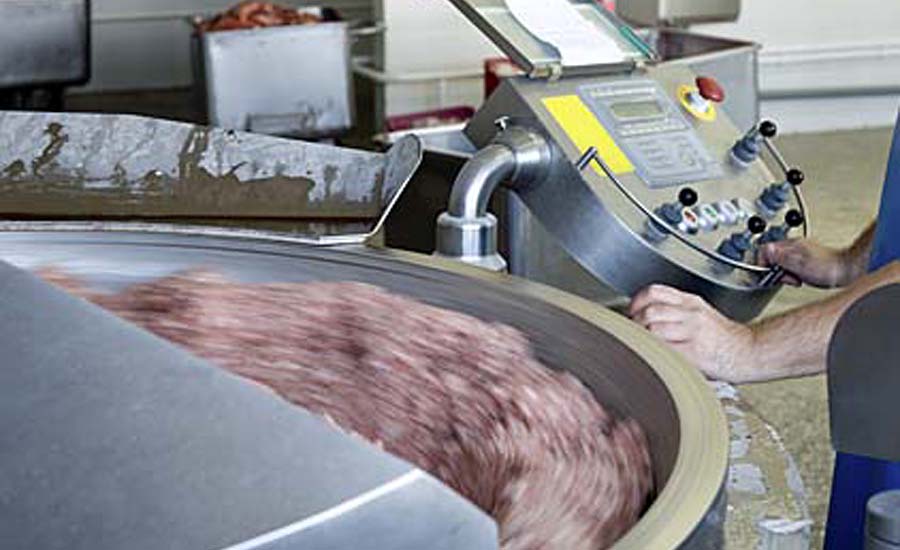The global market for meat substitutes will upsurge at a 5.8% CAGR over the forecast period of 2017-2026, and meat substitutes will be worth $7,067.6 million worldwide, according to research presented by Future Market Insights, Valley Cottage, N.Y.
The global meat substitutes market is expected to grow due to health benefits such as general well-being and weight loss. Increasing adoption level of meat substitutes is influencing manufacturers to develop and innovate meat substitutes’ product lines. In addition, perceived environmental and social concerns related to excessive consumption of meat, for instance, religious limitations as well as carbon footprint of meat production, has further directed consumers to decrease meat consumption and opt for its substitutes.
Noteworthy findings from the report include:
Soy-based meat substitute products hold the potential for contributing the largest share in the market, followed by mycoprotein, through 2026. This is due to the fact that soy proteins are cost-efficient and dependable substitutes for meat and possess the largest amount of protein, compared to various other meat substitutes. Soy-based meat substitutes also hold the capacity to be formed in a way that can represent the organoleptic features of meat products, such as soy hot dogs, soy chicken, soy bacon, soy turkey and soy burgers.
Frozen meat substitutes will account for the lion’s share in the market through 2026. The increasing demand for convenience foods due to rising income level of consumers is considered as one of the important factors fueling the frozen meat substitutes market. Countries like India and China are significantly contributing toward the expansion of the global frozen meat substitutes market.
Europe will continue to dominate in the global market for meat substitutes. The market is fueled by increasing health-conscious consumers, and an increase of incidences of conditions and diseases such as high blood pressure, diabetes and constipation.
Based on category, frozen meat substitutes holds the lion’s share in the global market for meat substitutes, followed by refrigerated meat substitutes. Frozen meat substitutes is gaining traction owing to variable purchasing patterns and shifting consumer preferences from small grocery shops to super and hypermarkets, especially in the emerging economies like Brazil, China and India.
Textured vegetable protein accounts for largest share in the market, based on product type, due to the fact that they hold higher protein content and are easily available compared to other products.


